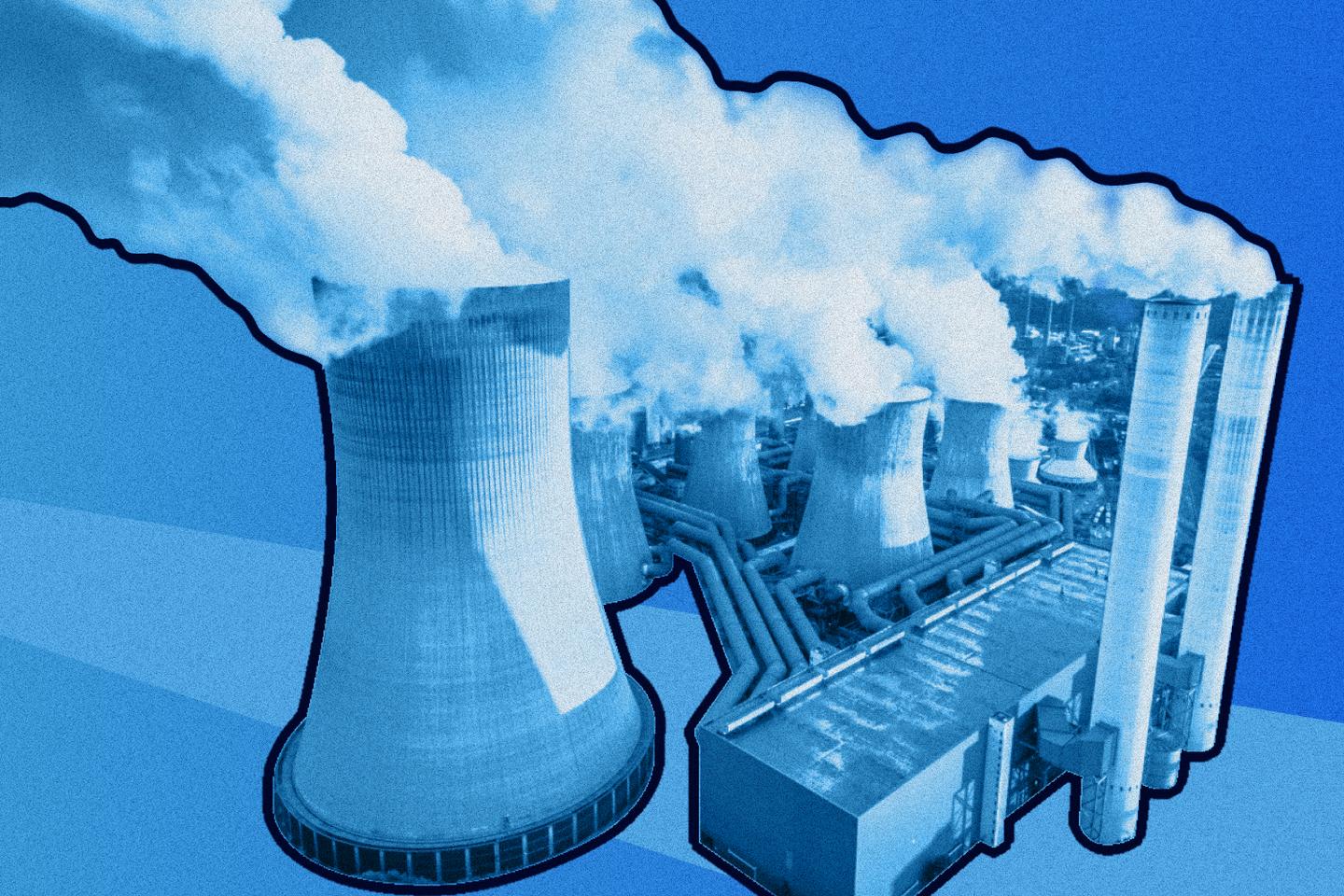


In many countries, right-wing populist movements are on the rise. Everywhere, they undermine environmental protection policies, accusing them of "making people's lives impossible" for benefits that are described as distant and uncertain.
These populist movements target wealthy city dwellers who ride bikes, eat vegan, and criticize old polluting cars and what they see as the outdated lifestyles of suburban and rural residents. By tapping into the sense of humiliation triggered by this social contempt, these movements reject all ecological initiatives outright.
Indeed, the working-class population is sometimes the first to suffer from such initiatives. Public authorities have repeatedly demanded proportionally greater efforts from them than from the more affluent, even though they actually pollute more. This is unacceptable. But it is also crucial to realize that the real losers from the deterioration of natural environments are not the most privileged, but in fact working-class communities, and especially the poorest among them.
Seine-Saint-Denis near the A1 freeway
Air pollution is perhaps one of the clearest examples. Who suffers the most? Those who cannot afford to leave housing near polluting facilities. Large cities such as Paris, Marseille, or Lyon are more polluted than less densely populated areas, but this fact hides significant inequalities within those cities themselves. In the Paris region, for example, the neighborhoods with the most polluted air are mostly found in Seine-Saint-Denis, near the A1 freeway.
However, rural areas are also affected. On average, nationwide, people living in underserved areas (the poorest 20%) breathe poor quality air for seven weeks more each year than their fellow citizens in the wealthiest areas (the richest 20%).
The consequences of such exposure to pollutants are serious. Each year, 7 million people die worldwide from air pollution caused by fine particles. This is more deaths than are caused by tobacco or cardiovascular diseases. In France, air pollution causes around 40,000 preventable deaths annually – 10 times more than road accidents – cuts average life expectancy by eight months, and leads to a cascade of health problems, from premature births to bronchiolitis, asthma, and heart conditions.
You have 39.76% of this article left to read. The rest is for subscribers only.
